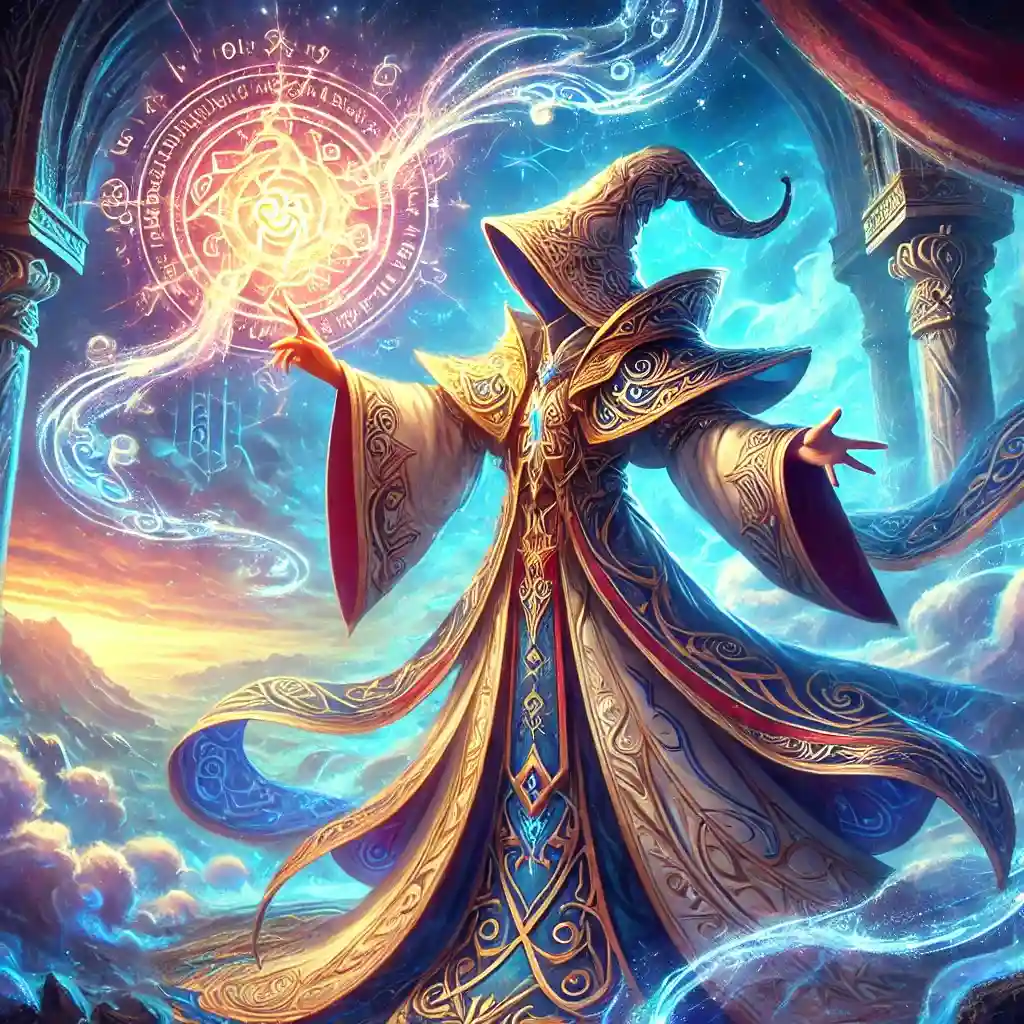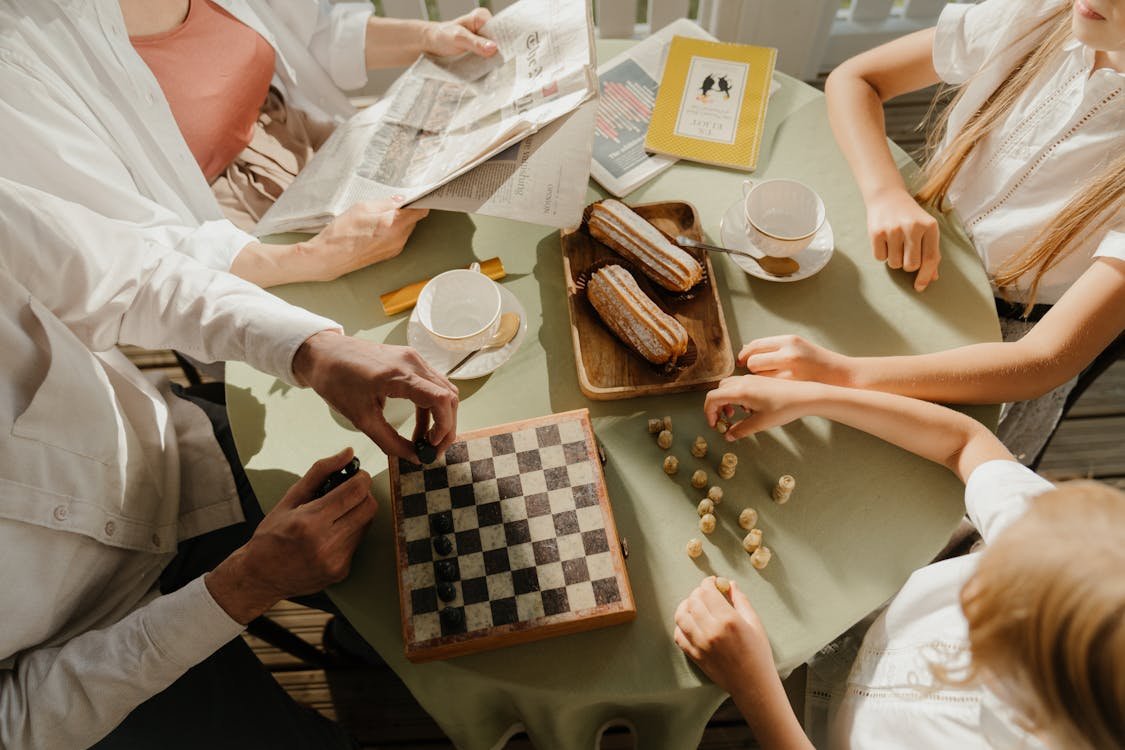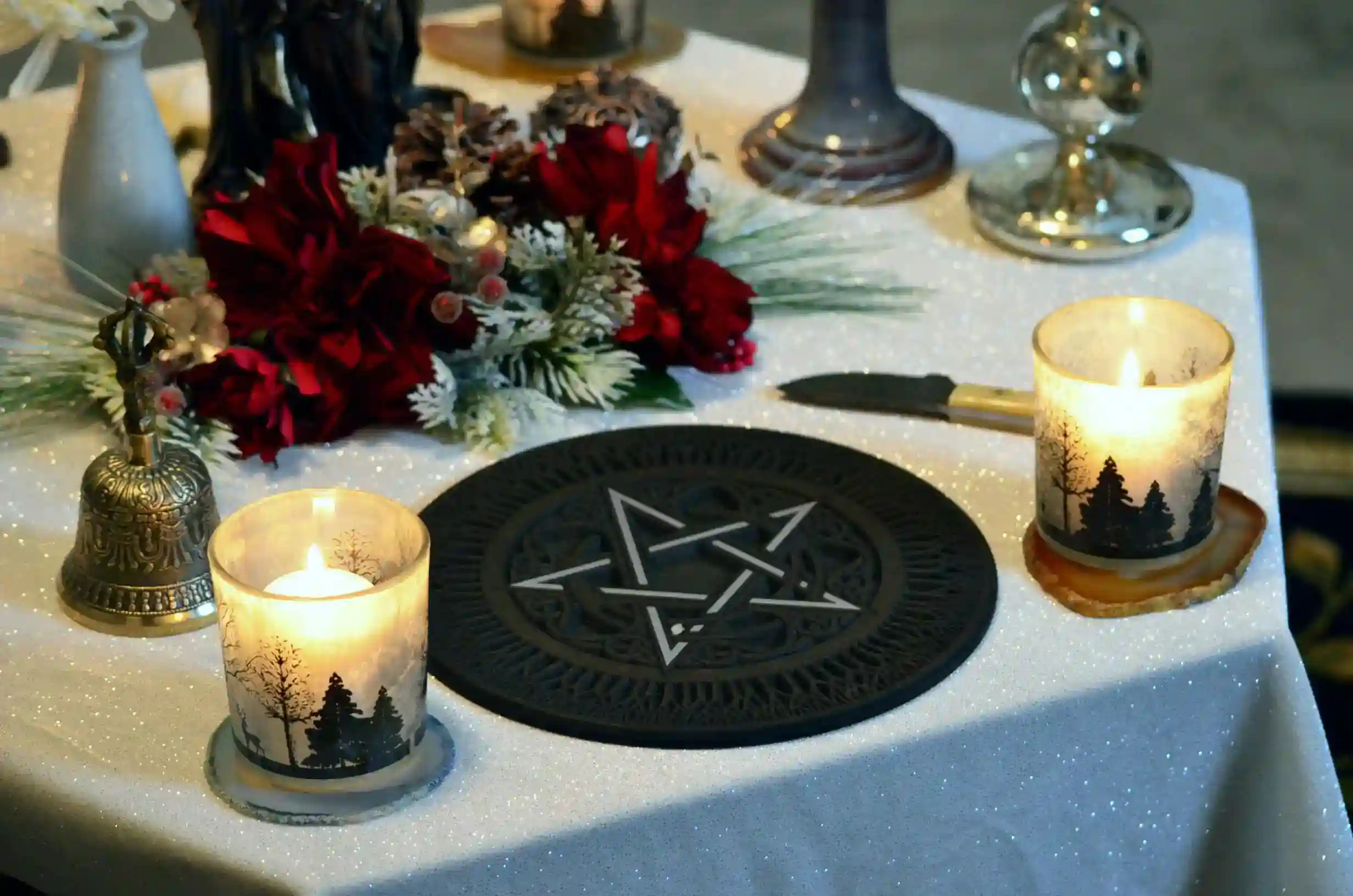Wizard casting spell have been one of the ancient practices among people for a long time. However, getting casted with such spells can prove fatal in many ways.
Moreover, if you want you can also cast wizard spells, but you need to ensure it’s not intended to do any harm.
Join us now as we uncover the secrets to becoming a powerful spellcaster and also help you get out of a spell cast!
Voodoo Love Spell Contact us
What is Wizard Spellcasting?
Wizard Casting Spell are arcane lore to manipulate the magical forces, allowing wizards to cast several spells with strong implications on the in-game world.
Wizards are typified by their large spell-books and the fact that they must prepare the spell in advance, making them great strategic thinkers.
They must anticipate any complications and choose spells that will serve them best in future confrontations.
Types of Wizards and Their Specializations
- Evoker: Able to cast great and dramatic spells destroying on a grand scale, evokers are most formidable when casting destructive spells. An evoker builds his character with a bias toward offensive capabilities.
- Illusionist: Illusionists resort to hallucinations and changing perceptions. Using their magical abilities, they can trick opponents into confusion, disorient enemies, and switch the balance of a confrontation by using sleight-of-hand maneuvers.
- Abjurer: Abjurers are mages who channel their efforts to perform support magic and focus on defense and deterring dangers. They cast spells of protection and defend the caster from other harmful casts.
- Conjurer: The conjurer masters the calling of creatures and items from other planes to do his bidding. He can call allies into battle to fight on his behalf or conjure items that enhance his own capabilities, offering several options in terms of flexibility and tactics.
Casting Spells: Step-by-Step Process
Step 1: The spell requires speaking specific words to conduct the magic. Silence and gag effects prevent the caster from casting spells with verbal components.
Step 2: The casting of a Wizard Casting Spell requires certain hand gestures. At least one hand must be free to perform these motions. If both hands are full, no spell can be cast.
Step 3: Many Wizard Casting Spell require physical objects to cast. A spellcasting focus or component pouch can be used in place of most items, except very expensive or consumed items, which must be supplied.
Key Rules
Some spells require concentration; the caster must maintain mental focus for the spell to sustain. In cases of no component used or using the wrong word, gesture, or item, the spell may either not take effect at all, misfire, or have unintended consequences.
Types of Spells
- Abjuration: Encompasses spells of protection, wards, barriers, and spells that ward creatures against harm. The abjurer is schooled in the art of protection of self and allies.
- Conjuration: This deals with bringing into being creatures or objects from other planes of existence. A conjurer will thus invoke powerful allies or bring items to their aid in most situations for Wizard Casting Spell.
- Divination: This school reveals the hidden; it allows a person to perceive information pertaining to the past, present, or even future. Diviners are spellcasters whose powers allow them to extract vital knowledge.
- Enchantment: Alters the minds and feelings of others to permit the enchanter to entrance or control them, thereby influencing behavior in subtle ways.
- Evocation: Masters of harnessing energy, evokers are capable of Wizard Casting Spell that deal huge damage, often through powerful elemental attacks like fire or lightning.
- Illusion: Creates deceptive images or sensory experiences in order to mislead enemies. Most of all, illusionists love trickery and misdirection by Wizard Casting Spell.
- Necromancy: Twists life and death, wherein a necromancer is able to raise the dead or siphon vital forces off living beings by the force of Wizard Casting Spell.
- Transmutation: Alters qualities of creatures or objects to turn them into new forms. The face of the battlefield can be remade by the various skills of the transmuters.
- Polymorph: Transmutation This spell changes a creature into another form, giving it new abilities or changing its physical characteristics. It’s used for many combat and problem-solving situations in-game.
Tips and Tricks for Effective Wizard Casting Spell
Combat Strategies Positioning: Keep a distance to avoid melee attacks. Utilize area-of-effect spells, such as Fireball, that can inflict massive damage while enemies are out of reach.
Preparation: Employ spells that counter enemy tactics. If against melee, Wall of Fire will impede movement and maintain distance between enemies and your position.
Use the terrain to your advantage: utilize Entangle for slowing enemies, Fog Cloud for cover, and turn the environment to a more strategic advantage as a Wizard Casting Spell.
Non-Combat Strategies
Role-playing and Stealth: Use spells like Disguise Self or Invisibility to infiltrate, garner information, or move unnoticed through the ranks of enemies. Charm spells, such as Charm Person, may bend potential enemies into temporary allies.
Creative Problem Solving: Such a spell as Mage Hand allows manipulation of objects at a distance, disarming traps, or unlocking doors, hence keeping yourself away from danger and obstacles without close contact.
Combining Spells for Greater Impact
Elemental Combos: Different schools can be combined to produce unique effects. For example, combining fire and ice magic creates steam that impairs vision and deals overtime damage to targets.
Chain Reactions: Chain the spells like Chain Lightning with other projectiles to create chaos. Strike a single target with a direct spell, and Chain Lightning will jump on the rest, increasing damage spread across the field.
Supportive Synergies: Amplify your allies’ actions with supportive spells like Haste prior to unleashing high-damage area-of-effect spells. The combination greatly increases the damage output and survival chances of your group in combat by Wizard Casting Spell.
Common Challenges in Wizard Casting Spell
Wizard Casting Spell Limitations
Spell Slots: Wizard Casting Spell are limited in the number of spell slots they possess corresponding to a given spell level.
When these run out, a Wizard Casting Spell cannot cast further spells until they rest to recover used slots.
This creates a resource management gameplay with logical spells to be cast at any given time.
Concentration: Many spells require a concentration. A wizard can maintain only one concentration spell at one time.
Taking damage or being incapacitated makes the caster be forced to make a saving throw, lest the spell stops working.
This adds some elements of risk with using really strong spells: having lost concentration will end an important effect.
Spell Components: Spell-casters require verbal, somatic, and sometimes material components to invoke a spell.
Failure due to silence or gag results when doing a verbal spell and if you keep your hands busy means it’s not possible to do a somatic spell.
This makes the spell component one of the most important things, especially in combat as it involves much mobility.
Common Spellcasting Problems and Solutions
- Resource Management: Be very cognizant of your spell slots, using them judiciously. Use lower-level spells for less important encounters, reserving some of the more powerful spells for critical moments. Use ritual spells whenever possible to avoid using spell slots.
- Effective Preparation of Spells: Choose your spells according to the kind of challenges you are about to face. A good mix of an offensive, defensive, and utility spell gives flexibility. Constantly revisit your list of prepared spells to ensure your spells remain relevant throughout your campaign.
- Leverage Feats and Abilities: Some feats like War Caster allow a wizard to cast spells with weapons and shields and help them maintain concentration when taking damage. Some feats can help overcome limitations set by certain spells and ensure that your wizard remains effective even under less-than-ideal conditions.
Want to Try Some Wizard Casting Spell?
Mastering Wizard Casting Spell will make your character far more effective and versatile in combat and role-playing, for sure.
Well, now’s a great time to try new spells and tactics in finding out what works best for you. Feel free to comment below with your experiences or questions as we delve deeper into the magic together.






